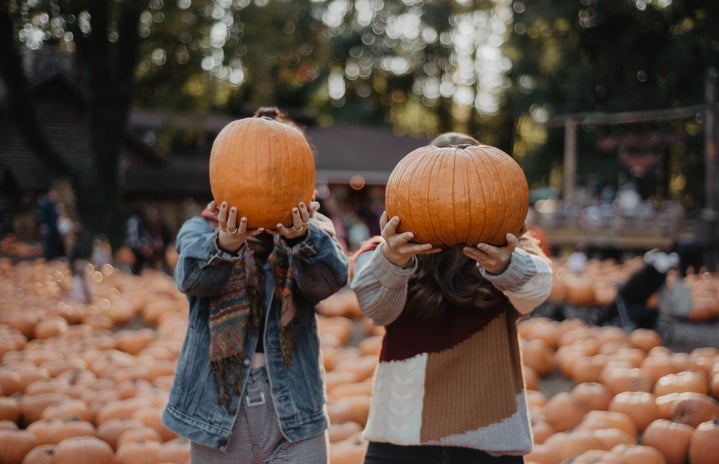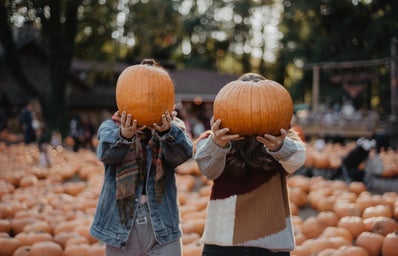With Halloween just around the corner, we’re all excited to dress up in costumes and engage in various traditions regarding the holiday. When it comes to choosing Halloween costumes, however, many of us get caught up in the excitement of dressing up and may not realize the impact of the costumes we choose. Costumes are supposed to be fun and light-hearted, so it may seem ridiculous to some that certain costumes may impact others negatively. However, it is important to take time to understand the impact of certain costumes on marginalized groups in our society.
Cultural Appropriation
The concept of cultural appropriation, though being talked about more, is still relatively new and not fully understood by our society. It has been defined as the adoption of symbols, rituals, standards, or behavior from a culture, typically without any real understanding of their cultural significance. Oftentimes, this adoption results in conversion of these culturally significant items into something meaningless or entirely different from its intended use. For instance, some examples include using the name of a Native American tribe in sports, or wearing religious symbols as decorative pieces without belief or understanding of the religion. Many of these things hold deep cultural value, and watering them down or changing their meaning for our own desires is simply disrespectful and insensitive.
But how does this apply to Halloween costumes? The truth is, many costumes throughout the years have incorporated some form of cultural appropriation, whether it be through the use of blackface, Native American headdresses, or cultural clothing worn in Asia. Though it may seem like a harmless costume to some, converting an entire culture into a simple costume to dress as for Halloween is flat-out dehumanizing, making people from different ethnic groups seem like “characters” as opposed to human beings. Dressing as characters who happen to be of a different race is entirely okay! But being mindful of cultural appropriation while you do so is important as well.
Mental Illness
Mental illness is a topic in our society that people are beginning to talk about more, and more resources are becoming available as more awareness continues to spread. However, in addition to racial issues, mental illness has often come up in Halloween costumes as well. However, costumes related to mental illness can be problematic and harmful. For instance, costumes depicting psychiatric patients, eating disorders, or psychological conditions can be extremely insensitive and demeaning to those struggling with mental illness, as it desensitizes the conditions and portrays people with them inaccurately. As others have said, witches and ghosts on Halloween are scary. People with mental health problems are not.
Transphobia
Sexuality and gender continue to be a topic that is commonly understood or misinterpreted by many, and Halloween is no exception. In the act of dressing up, people have taken the tradition and used it to dress up in ways that portray transgender individuals in a negative way. For example, costumes depicting Caitlyn Jenner or other transgender individuals in negative ways have been seen in stores throughout the years. In general, dressing as a gender identity that is not your own is not only unnecessary, but can be hurtful for other individuals, as it diminishes the gender identity of others into merely a costume.
Halloween costumes can truly be one of the best parts of the holiday, as dressing up as different characters and figures can be a unique and memorable experience. However, costumes are not an opportunity for people to portray others negatively through stereotypes or caricatures. While dressing so, it is important to be mindful of our costumes, ensuring that they do not misrepresent different individuals or groups. That way, we ensure that Halloween remains light-hearted for everyone involved, making the holiday more enjoyable for society overall.


